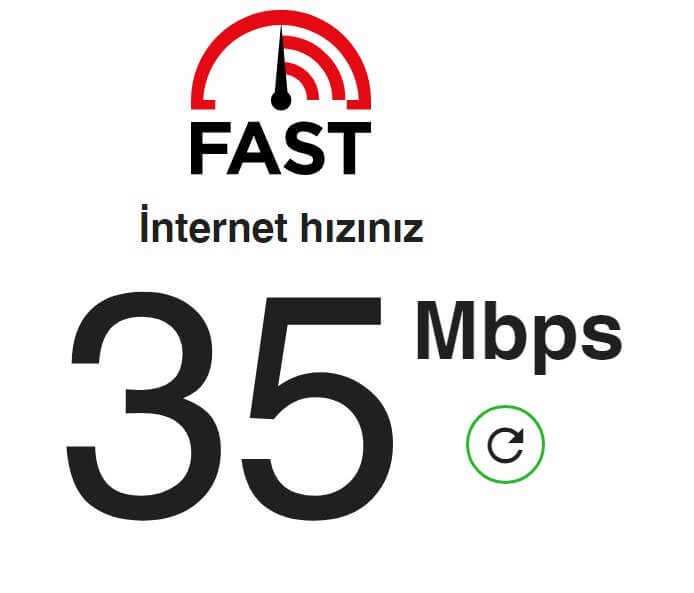Meter Internet Speed Test WordPress plugin helps you embed a speed test on your blog. This can be helpful to show visitors how fast their Internet connection is, or to debug slow loading time.
Let’s begin by first installing & activating the plugin from the WordPress plugin repo. After activation you will have a new menu item on the WordPress dashboard called My Internet Speed test.
To show the speed test on your web site, use this shortcode:
[internet-speed-test]You can also change the appearance of your speed test with the shortcode parameters below.
- theme (default: “dark”): The theme of the speed test (dark or light).
- language (default: “auto”): Language of the speed test (auto-detect according to the WordPress locale or just enter a specific code for a language).
- default_language (null): Fallback speed test language (in case WordPress locale does not work).
- As an example, the following shortcode embeds an English light-based speed test:
[internet-speed-test layout="light" language="en"]After that, each time a visitor on your website visits the page where you placed the shortcode the speed test will count.
- Additional notes for using the Internet Speed Test WordPress plugin
- Since Meter performs the speed test, your visitors’ data is uploaded to Meter’s servers.
- The speed test may not be time-consuming if your visitor’s internet connection is slow or unstable.
- The speed test may also be inaccurate if a third-party cookie was blocked from the visitor’s browser.
How to test your internet speed on Google?
As to: you should have access to W3 domains not part of the block, now.google.com.
In the Google search bar, type internet speed test, then hit enter.
Google will show a speed test tool above the other search results. Click on “Run Speed Test”.
At this point, Google will begin testing your internet speed. It will test your download speed, upload speed and ping.
When it is done, you should see the outcome displaying your web speed in Mbps (megabits per second) for your download and transfer speed, and your ping.
Disclaimer: Speed test results are subject to vary based on multiple factors including not limited to your Internet Service provider’s network congestion, your device, etc. It is advisable to run multiple tests at various times for a more accurate average result.
Bottom line Here are some important things to take away from this when testing your internet speed.
Download Speed: How quickly data is pulled from the internet to your device It depends how quickly web pages load, how quickly files can be downloaded and the quality of streaming.
Uploads: The speed of the data sent from your PC to the web. It is required for uploading files, video conferencing and online gaming (uploading data to servers).
Ping (Latency): Measuring the reaction time of your device to a server Usually the lower the ping the better — this means less latency. Ping plays a very critical role in your online gaming video calls and real-time communication.
Repetition: Test several times a day to see how repeatable the test is. Then the best-case scenario for doing work online is a longstanding and steady connection.
Results will vary based on the type of connection (Wi-Fi Ethernet) and devices. If possible, run a wired Ethernet connection, which will provide the most accurate speed test.
Server Location Speed tests are carried out via servers, and therefore the location of the server in which you execute the pace test may lead to modified outcomes in respect to the physical distance and the way by which the web is routed. To do more accurate tests, select a local server.
Turn Off Background Applications: Close any open applications or services that run while using the internet for an accurate test.
ISP Plan: Compare your speed test results against your ISP plan. If there is a large speed discrepancy, you should certainly call your internet service provider.
Verify Speed Test Sites: Check the speed test sites3A for the websites3A that you check your speed with, only check your speed on trusted speed test sites (apps) that you can check your speed with.
This is intel that will give you insight into the health of your internet connection and whether you’re getting what you actually paid for.

